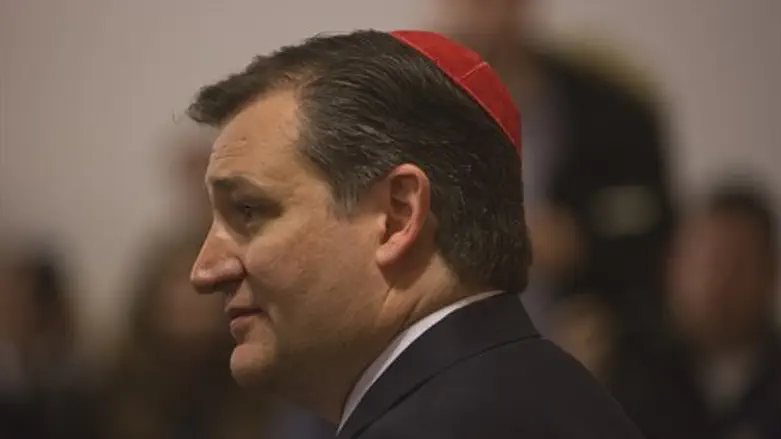
Ordinarily, the New York primary has little impact on a presidential election. Held relatively late in the season, typically after a frontrunner has already dominated the field, New York’s vote in most election years since 1976 has had little influence on the outcome of the race.
This year, however, that’s all going to change.
With 95 delegates up for grabs, Tuesday’s New York primary could make or break Donald Trump’s bid to secure 1,237 delegates before the Republican National Convention and head off a potentially nasty delegate battle on the convention floor.
Trump is polling well in New York, with 53.1% according to the RealClearPolitics average of polls, compared to 22.8% for Ohio Governor John Kasich. Texas Senator Ted Cruz is in a distant third in New York, averaging just 18.1%.
Nevertheless, both Kasich and Cruz believe they can peel away delegates from Trump in his home state, primarily by appealing to voters in districts where support for Trump is below 50%.
Under New York’s GOP primary rules, 14 of the state’s 95 delegates are apportioned based on state-wide vote. If Trump wins more than 50% of the state vote, he sweeps all 14 state-wide delegates.
The remaining 81 delegates are allotted based on the vote within each of New York’s 27 congressional districts, 3 delegates per district. The winner of a district earns two delegates, the runner-up gets one. If the winner wins more than 50% of the district, that person takes all three delegates.
Neither Kasich nor Cruz are playing to win in New York but to deny Trump the kind of delegate sweep he needs to secure the nomination on the first ballot.
In trying to pick off vulnerable districts, both candidates have invested heavily in the 7th through 13th and 15th congressional districts, which span Brooklyn, Manhattan, and the Bronx.
In the delegate calculus, Jewish voters play a crucial role. Roughly 1.1 million Jews live in New York City, or about 13% of the city. While 55% of New York Jews said they leaned Democrat, compared to 31% who leaned Republican according to a recent Pew Research survey, Orthodox Jews concentrated in battleground congressional districts in Brooklyn, Manhattan, and the Bronx were leaned Republican.
Some 500,000 Orthodox Jews live in New York, with 57% identifying with as Republicans. More importantly, Orthodox Jews tend to be cultural conservatives, opening the door to support for candidates other than the populist Trump, whose past support of progressive positions on gay marriage and abortion have earned him support among independents.
Both Cruz and Kasich have campaigned heavily in New York’s Orthodox neighborhoods, with both men visiting matzah factories ahead of the Pesach holiday, which begins this Friday.

